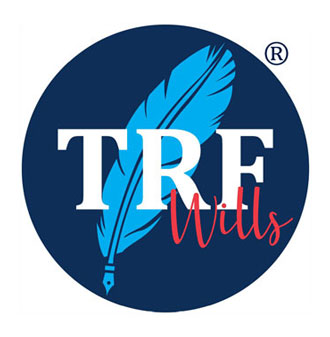
A Discretionary Trust is a type of trust where the Trustees are given complete discretion to pay or apply the income or capital of the assets for the benefit of one or all its Beneficiaries. The Trustees have control over how much to distribute at any given time, when to make distributions and to whom such distributions should be made. No specific beneficiary has an interest in the Trust or an entitlement to the Trust funds. They have only a POTENTIAL interest until the Trustees specifically exercise “discretion” in favour of a Beneficiary.
As the Trustees have absolute discretion over the Trust funds, it is advisable for the Testator (the person creating the Trust fund either during their lifetime or upon their death) to write a letter of wishes to the Trustees which provides some guidance for how they (the Testator) would like the assets to be distributed. It is important to note that a letter of wishes is NOT a legally binding document and therefore there is no obligation placed upon the Trustees to follow the terms of such a letter.
The aim of this type of trust is to provide flexibility. This could mean that Trustees have the flexibility to adapt the amount of money paid to beneficiaries in accordance with their changing needs and circumstances.
What are the Benefits of this type of Trust Arrangement?
Protection for Financially Unstable Beneficiaries
Some beneficiaries may not be trusted to manage large inheritances and the Testator may be worried that it will not be used wisely. The benefit of using a Discretionary Trust here is that the Trustees will manage the fund, giving money to the Beneficiary as and when they require it. However, the Trustees do have complete discretion, so if a Beneficiary with questionable spending habits wants to make an irresponsible purchase, the Trustees are well within their remit to refuse if they deem such a purchase to contradict the best interests of that Beneficiary.
Holding funds in the Trust will also protect money from a beneficiary’s creditors or even from potential bankruptcy. It is also useful where the Beneficiary has an addiction, and the Testator does not want money passing directly to that Beneficiary for fear it could exacerbate their addiction.
A Discretionary Trust can also be used to preserve funds for a minor child until they attain an age where they can successfully manage money for themselves. It can even protect funds for beneficiaries well into adulthood, even if there are no concerns of addiction.
Inheritance Tax Reduction
Some beneficiaries may have already reached their own Inheritance Tax (IHT) threshold and do not wish to increase the size of their own estate further. In this situation, the Trustees could simply lend money to the beneficiary under terms already agreed between all parties and stipulated within a letter of wishes
.
Protect the Interests of a Vulnerable Beneficiary
These types of trusts are also commonly used by those looking to drip feed money to vulnerable beneficiaries (e.g., lack of mental capacity, learning difficulties, addiction, etc.) to avoid such beneficiaries losing any state benefits to which they are entitled.
Divorce
Such a trust can be used to safeguard money for a beneficiary if they are going through a divorce. The benefit of entering their intended share of an estate in this type of trust is that the trust funds will not be treated as belonging to that Beneficiary as the Trust legally owns the assets.
Important Considerations
It is important to remember that a Discretionary Trust requires a minimum of two beneficiaries due to its discretionary nature. Beneficiaries can either be individuals or classes of individuals, i.e., “my children”.
A Discretionary trust can last for a maximum of 125 years; therefore, it is important to consider default beneficiaries, i.e., those who will inherit the Trust fund when the Trust ends. The Trust can end earlier in instances where all the beneficiaries have died, or if the Trustees have decided to end the Trust and distribute the trust assets accordingly.
A Discretionary trust may be subject to ongoing and encashment charges.
Where a main residence passes to a Discretionary Trust upon a death, this will almost certainly mean that residential property related IHT benefits are lost.
Please visit our Trusts page for further details, WITHOUT fear of consultation fees or obligation.


 TRF Wills (TRF) was created by Michael Cotterill in 2005. He is a member of the Society of Will Writers and registered with the Information Commissioner’s Office.
TRF Wills (TRF) was created by Michael Cotterill in 2005. He is a member of the Society of Will Writers and registered with the Information Commissioner’s Office.